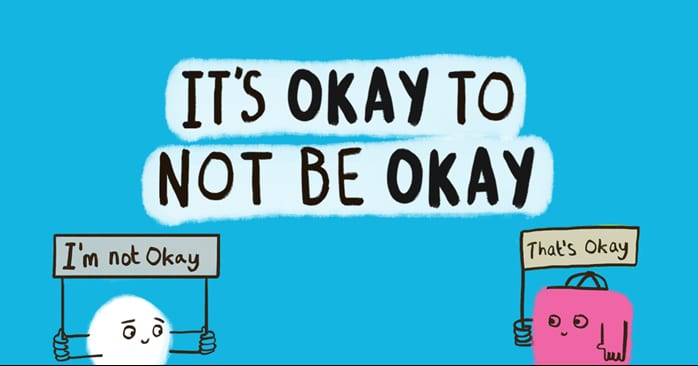
Mental wellbeing and fitness go hand in hand. So if you’re looking for a way to manage stress, depression, and other mental health issues, you can start by focusing on your body as a whole. Use the following tips as you begin your journey to a more positive lifestyle.
Exercise
According to Psychology Today, exercise directly affects the brain in numerous ways. For example, the increase in blood flow you experience during a workout helps move nutrients and oxygen through the brain. Exercise might even give your brain a boost when it comes to creating neurons in the hippocampus — a part of the brain associated with emotions and memories.
To reap those mental health benefits, you’ll want to aim for at least three workouts a week. Each session should about 45 minutes to an hour. Your workout routine is completely up to you. Jogging and simply going for long walks is a great way to get started. On the other hand, you might want to add in something a little more adventurous, like indoor rock climbing. Rock climbing gives you a total body workout, and if you practice it at a gym, such as Rock’n & Jam’n, you won’t have to worry about weather conditions. Gyms tend to offer introductory classes, as well as courses that cater to more experienced climbers.
Hypnotherapy
The word “hypnosis” might bring to mind silly stage performances of people being coerced into quacking or dancing. But unlike those entertaining displays, hypnotherapy has a practical purpose. It’s used to gradually alter a person’s behavior pattern, which can reduce unhealthy habits and thoughts.
During a hypnosis session, a hypnotist guides you into a state in which you’re awake but at peace. This is the alpha state, which is named after alpha brain waves — the same type of waves that are present when you daydream or meditate. In this state, it’s easier to gain access to your subconscious and introduce new ideas. In time, with the right amount of coercion, you can break free of bad habits. For example, hypnosis can help your escape a continuous loop of negative thinking or a tendency to give into the urge to reach for another cigarette.
Most hypnotherapists, such as A Time for Change Hypnotherapy, can help with all sorts of issues, ranging from low motivation and self-defeating behavior to weight loss and irrational thoughts. Results of hypnosis can vary, however, so it’s best used in combination with other treatment options.
Breathing Exercises
While anxiety is often thought of as a mental state, the rest of your body plays a role too. Your heart rate increases, your palms become clammy, and your breathing quickens. That third symptom is something you can exercise control over. By taking control of your breathing, you send a message to your brain: “Relax. There’s no need to panic.”
Breathing exercises can help you think more clearly and make more rational decisions, so it’s wise to have a few of them memorized. For example, when you feel stress start to take hold, imagine yourself blowing up a balloon, suggests Psychology Today. Slowly push your breath out until you can’t anymore. And then allow your lungs to naturally refill. Your breathing should be gentle and steady, and your focus should be on your out-breath, rather than your intake. You’ll notice your heart rate decrease and your panic should subside.
Once you’ve mastered and memorized a few basic breathing techniques, you can begin to combine them with physical activity, such as yoga. You might even find that breathing techniques come in handy as your scale walls in an indoor rock climbing gym.
